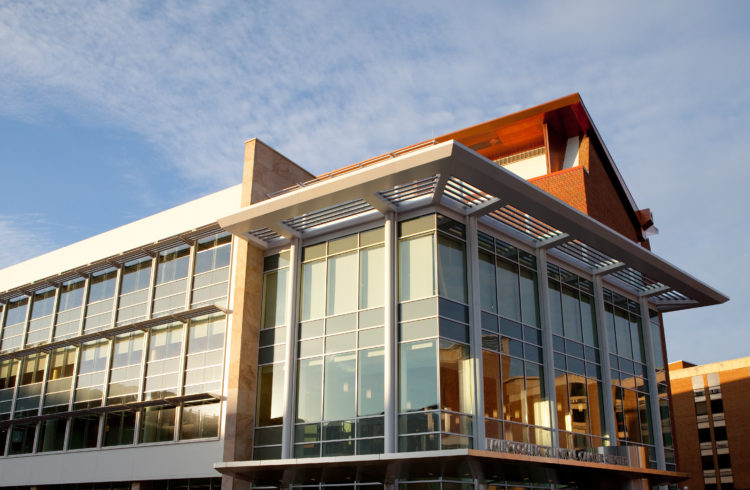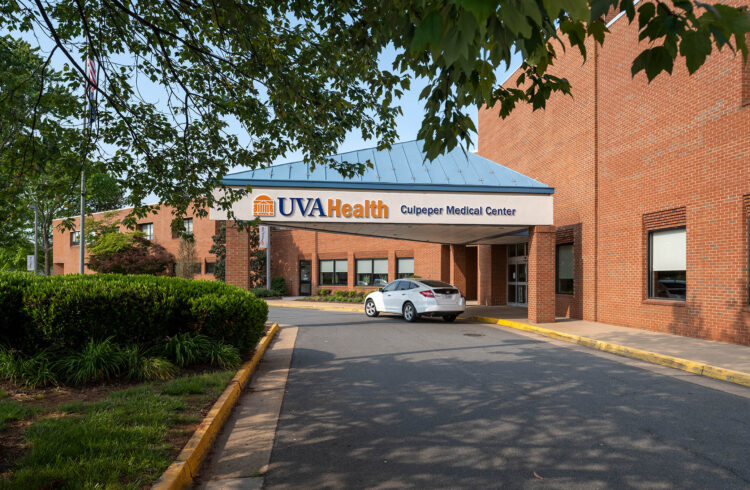
A researcher from the School of Medicine is helping to lead a new study to understand why people born in rural communities in the South live shorter and less healthy lives than their counterparts elsewhere in the country.
The Risk Underlying Rural Areas Longitudinal Study (RURAL) will allow researchers to learn what causes the burden of heart, lung, blood and sleep (HLBS) disorders in select rural areas in Kentucky, Alabama, Mississippi and Louisiana and offer clues regarding how to alleviate them.
To better understand why certain factors amplify risk in some rural counties and what renders some communities more resilient, researchers will be recruiting and studying 4,000 multi-ethnic participants from 10 of the most economically disadvantaged rural counties in southern Appalachia and Mississippi Delta and parts of the rural South.
UVA’s Paul V. Targonski, MD, PhD, is a co-principal investigator on the sweeping project.
“I’m humbled to be a part of such an expert and experienced investigative team coming from across the country to help address health disparities in rural populations,” he said. “We bring unique skills to the team – for instance, in community collaboration, capacity building and the design and conduct of field studies like this. Many of our communities in Virginia and the communities we serve here at UVA are very much like the communities with whom we are partnering in this study, so this is directly relevant to communities at large, but also to us here in Virginia.”
With funding from the National Heart, Lung, and Blood Institute, part of the National Institutes of Health, this six-year, $21.4 million multi-site longitudinal cohort study will include 50 investigators from 15 other institutions.
'Research Center on Wheels'
Using a self-contained mobile examination unit, a “research center on wheels,” a transdisciplinary team will conduct an approximately four-hour detailed baseline examination of the study participants. Familial, lifestyle and behavioral factors, along with medical history, including risk for HLBS disorders, will be recorded. Environmental and economic factors will also be studied and standard and novel risk factors for HLBS disorders will be assayed. Investigators will use smart phones and wearable activity monitors to help collect health and lifestyle information about the participants.
“The rural health challenge in the South does not spare any race or ethnicity. These high risk and economically disadvantaged communities are vulnerable to clusters of multiple health problems,” explained Vasan Ramachandran, MD, FAHA, FACC, principal investigator and Boston University director of the renowned Framingham Heart Study, with which he has been affiliated for more than 20 years. “We aim to understand the rural health challenge in the South and share our findings with and offer health education to these rural communities.”
Studying the South
In addition, investigators from the University of Louisville (Kentucky), LSU’s Pennington Biomedical Research Center, University of Mississippi Medical Center and University of Alabama at Birmingham, will play a central role in participant recruitment, retention, follow-up, data return, return of results, community engagement and education.
The other 10 institutions participating in RURAL are Duke University; Emory University; Johns Hopkins University; Los Angeles BioMedical Research Institute (UCLA); University of California, Berkeley; University of Massachusetts Medical School; University of North Carolina at Chapel Hill; Perelman School of Medicine at the University of Pennsylvania; Larner College of Medicine at the University of Vermont; and the Wake Forest School of Medicine.
The study coordinating center is Boston University School of Medicine (BUSM).
To keep up with the latest medical research news from UVA, visit the Making of Medicine blog.



